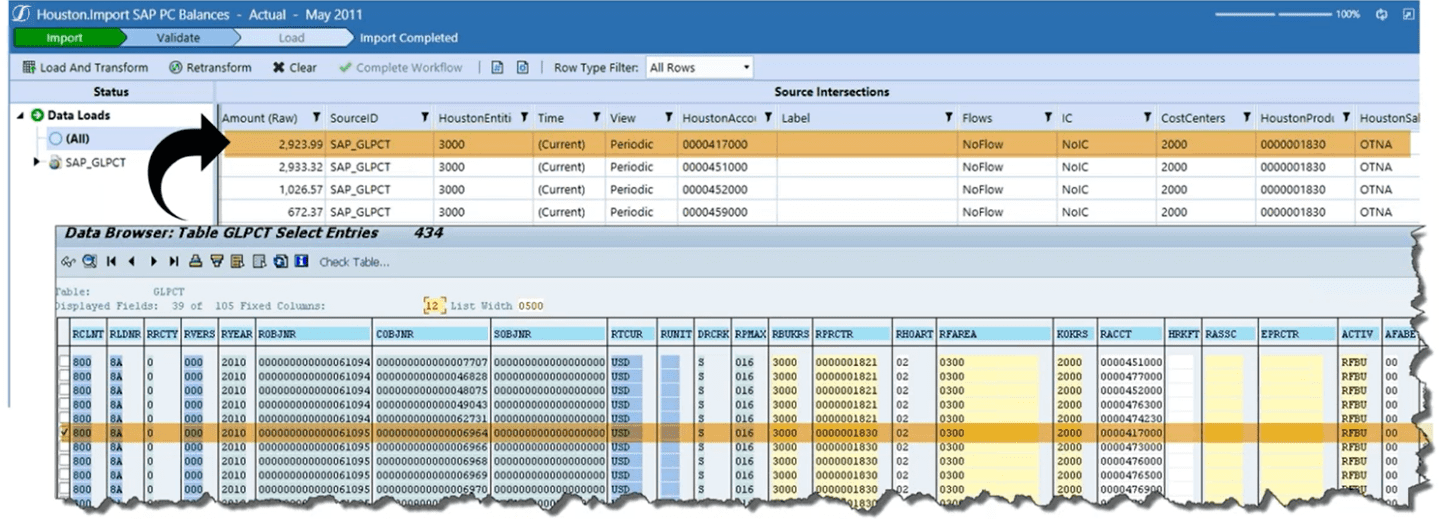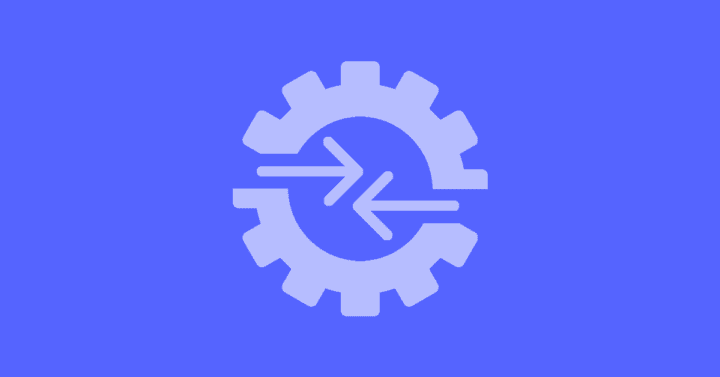Unlocking the full potential of your organization’s performance hinges on the seamless integration of Corporate Performance Management (CPM) and Enterprise Resource Planning (ERP) software. In today’s dynamic business environment, where agility and strategic decision-making are paramount, the synergy between these two essential systems are the backbone to deliver the enhanced visibility organizations need to optimize performance, drive growth and stay resilient in today’s evolving business environment.
ERPs Run the Business – CPM Manages the Business
ERP systems are often thought of as the central nervous system of the enterprise and are essential to the effective execution of day-to-day transactional activities. CPM systems can be thought of as the “brain” of the enterprise, helping to align and coordinate goals, objectives, financial and operational plans and execution across the enterprise. Both systems are critical to the success of an organization. ERP systems are used to run the business, CPM systems are used to manage the business and make critical decisions.
CPM systems source most of their data from internal systems including ERP, but also human capital management (HCM), customer relationship management (CRM) and increasingly external sources such as websites, social media and industry information. And while single-instance ERP has been a goal of many IT organizations, the reality is that most large enterprises have multiple ERPs in use across their various subsidiaries and locations. Therefore, an enterprise-class CPM solution must be capable of integrating and mapping data from multiple ERPs, other source systems and data sources.
Get More Value from SAP Investments with CPM
Many organizations have invested in SAP ERP systems to run their businesses, and SAP data warehouse systems to capture large volumes of transactional data for decision-making. Some have standardized on SAP across all operations, while others run a mixed environment of SAP as well as other ERP systems.
Whatever the case, a unified CPM platform helps organizations get more value from their ERP investments by integrating data from all ERPs and other sources, validating and consolidating that data to create a single source of the truth and “system of record” for consolidating financial results, external financial reporting, internal management reporting, financial and operational planning, analysis and effective decision-making.
Having direct integration to SAP and other ERPs and data sources is critical to having effective and agile reporting and planning processes, and the ability to make fast and informed decisions that can impact corporate performance.
Integrating SAP to OneStream
This was the focus of a webinar hosted by OneStream partner inlumi titled: “All the World’s a Stage – Integrating SAP to OneStream.” The webinar was led by Francisco Amores, MDM and Data Integration Lead at inlumi, who has over 12 years of experience designing and building CPM integration solutions. Here’s a quick summary of the key topics he covered in the webinar.
The webinar started off with an overview of how data is integrated from multiple sources and “staged” in OneStream. OneStream has the ability to integrate data from any source via APIs or Web Services and can also load data via flat files and Excel spreadsheets. Whatever the integration method, it’s in the Stage engine that data is transformed, validated and then loaded into the financial model for processing – whether for financial consolidation, planning, forecasting, and various types of analysis.
In OneStream, data is available to users for reporting and analysis via “cubes” where users can view and analyze summary data, then drill down into the details in the Stage engine, and then drill further back to the original transactional details from the source system.

The webinar then highlighted the key benefits of direct, seamless integration between OneStream and the source systems. These benefits included:
- CPM processes are faster and more reliable – direct integration eliminates manual extraction processes and data latency, reduces the amount of data that needs to be imported and eliminates the need for intermediate data integration tools
- Data Quality, audit and reconciliation – direct integration eliminates the need for manual adjustments on source files and facilitates a direct trace back from the financial model to source systems details
- Helps you to reclaim your life – meaning users don’t have to work as many hours during crunch times such as month-end or quarter-end close and reporting
OneStream leverages several approaches for direct integration with SAP data sources, OneStream connections need to be established only once for ongoing integration with SAP:
- SAP R/3 Version 4.6C and later
- mySAP
- SAP ERP / ECC 5.0 / ECC 6.0 (including all EhPs)
- SAP Business All-in-One
- SAP Business Suite 7
- SAP S/4HANA
- SAP BW 3.1 and later
- SAP BW/BI 7.x
- SAP BW/4HANA
- SAP Application Server ABAP, Message Server, Router, Standalone Gateway
The webinar then provided detailed examples of how several of these integrations are configured and how they work, including HANA ODBC Driver and the SAP Integration Connector. And then the power of OneStream to support “round trip” integration with SAP by loading Profit Center balances from GLPCT were demonstrated, as seen in the graphic below:

Then validating that all imported data was mapped to the target intersections, loading data into the target financial model/cube, drilling down to Stage from reports and dashboards. Then drilling back into the transaction details in SAP GLPCA as shown below.

Learn More
This webinar provided a short, but powerful overview and demonstration of the ability OneStream provides organizations to leverage their investments in SAP ERP and data warehouse systems, as well as other data sources. OneStream provides direct and seamless integration to a unified Intelligent Finance Platform that supports consolidations, close, financial and management reporting, financial and operational planning, and reporting and analysis for Finance and line of business users.
To learn more, watch this webinar on how to Unlock Financial Excellence through SAP and OneStream with Avvale and Langan, or check out our eBook on how to Get More From Your SAP Investment.
Download the eBookGet Started With a Personal Demo



